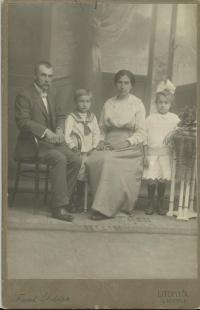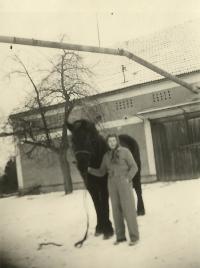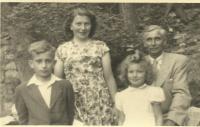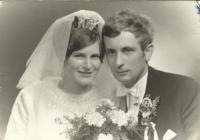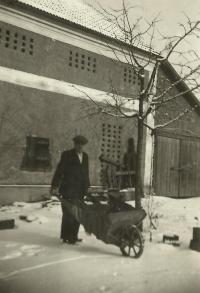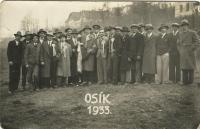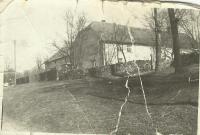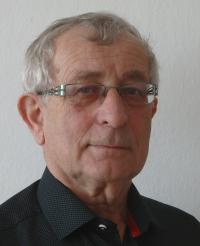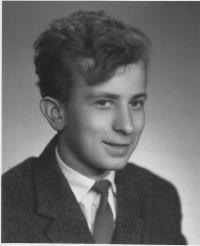Honour your father and mother
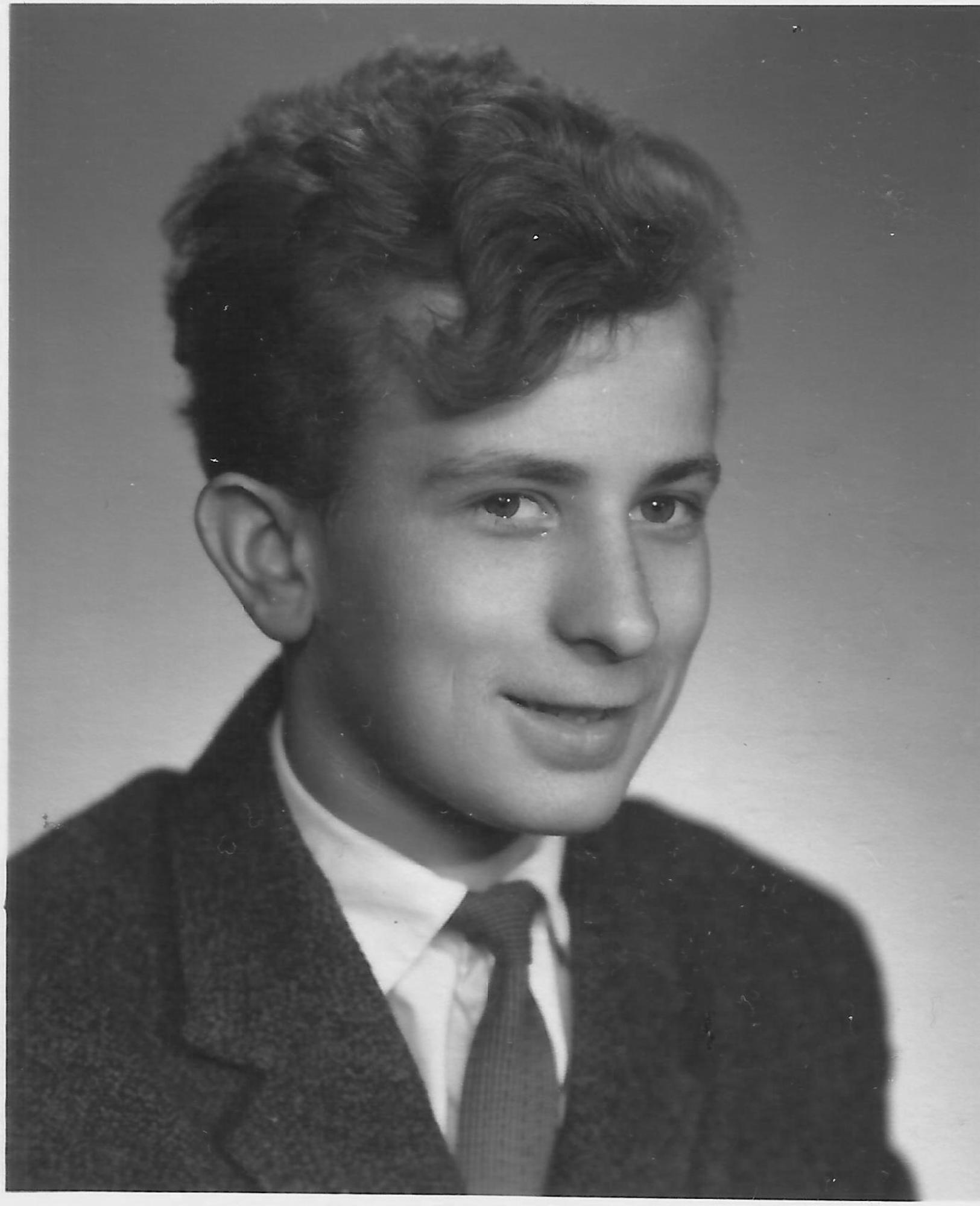
Stáhnout obrázek
Jiří Rožek was born on 23 July 1946 in Osík near Litomyšl. His mother died shortly after his birth, and so he initially lived on the family farm with his father, older brother, and grandparents. In 1950 his father married again, and two years later the couple had a daughter. At the time there were several farmers in Osík who tended to their own estate, including the Rožeks. The harsh times of the collectivisation brought several days of interrogation and custody for his father, Jan Rožek, and persecution of the whole family. The oppression culminated in a house search directly witnessed by the eight-year-old Jiří. His father was accused of failing to fulfil delivery quotas and sentenced to 10 months of prison, the confiscation of property and citizenship rights, a five-year ban on entering his native village, and a lifelong ban on agricultural work. The family had to move immediately. His father was interned in a camp in Boreč near Mladá Boleslav, from where the prisoners were taken by lorries to the uranium mines. When Jiří Rožek wanted to study, the headmaster declared that due to the class and political unawareness of his family, he would have to opt for a vocational school. However, he managed to switch to a secondary agricultural school with graduation certification in his second year, and after completing that he enrolled at the University of Veterinary Medicine in Brno in the late 1960s. He married in 1969, graduated in 1972, and then underwent mandatory military service for one year in Vimperk. He began working as a vet at Agropodnik in Šebetov near Boskovice, where he was repeatedly but unsuccessfully pushed to join the Communist Party. After the Velvet Revolution his father was fully rehabilitated; their fields were returned, as was the farm house in a bad state of repair, for which they had to pay out the interim owner. Jiří Rožek still has a private veterinary practice in Boskovice.
